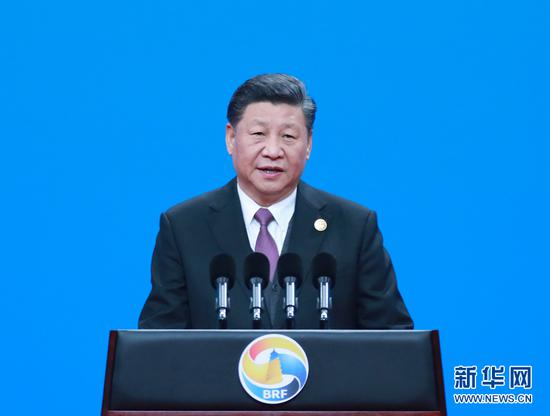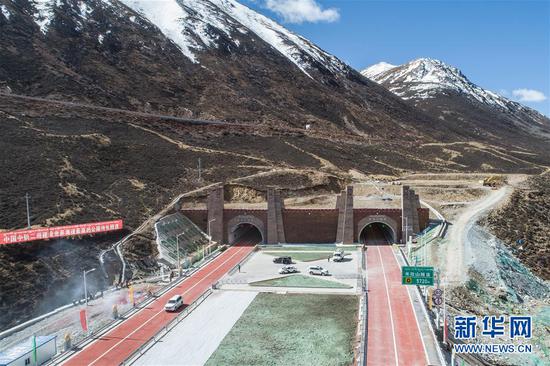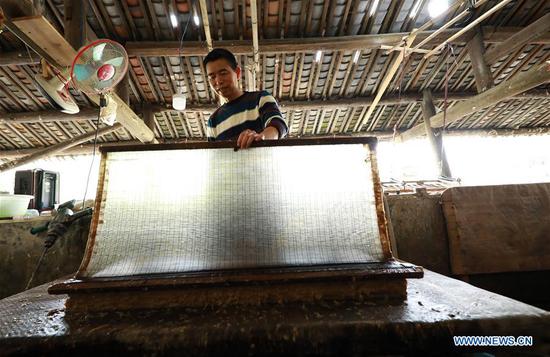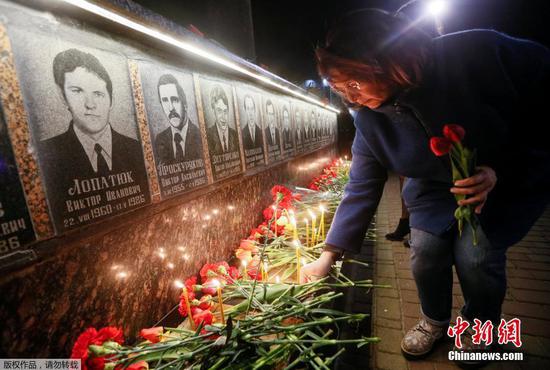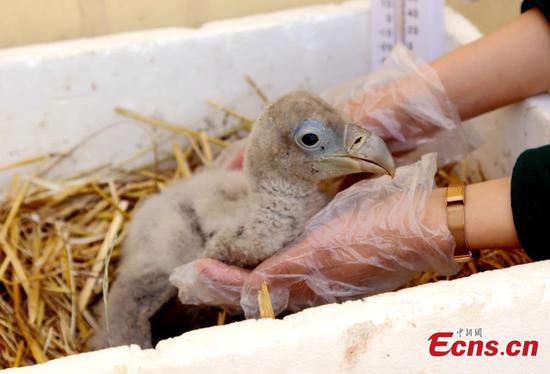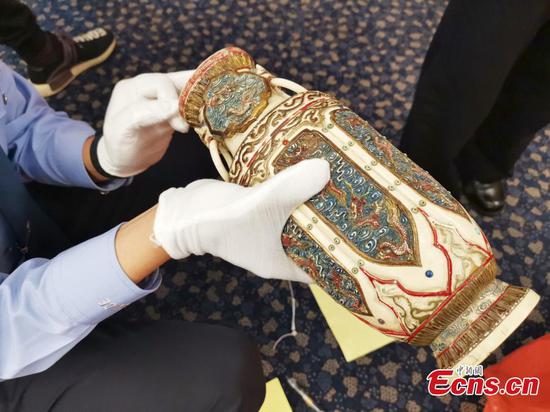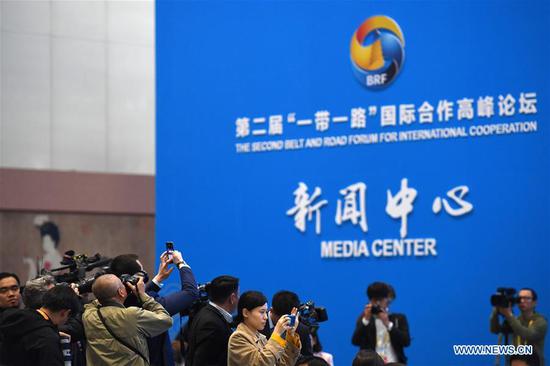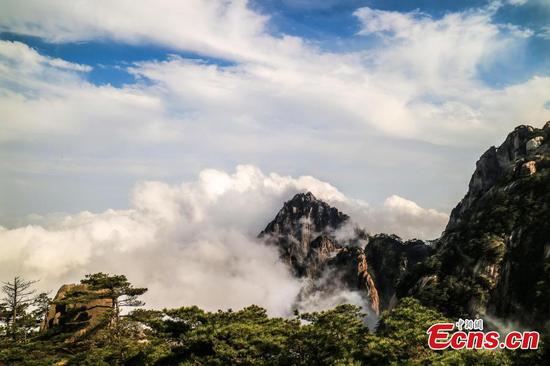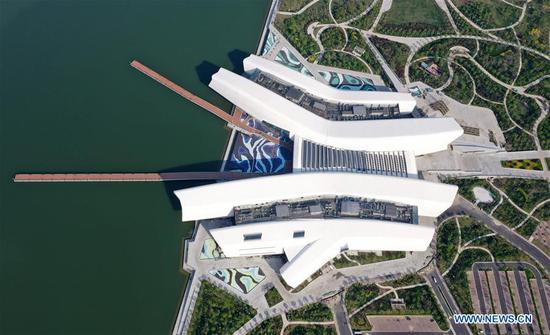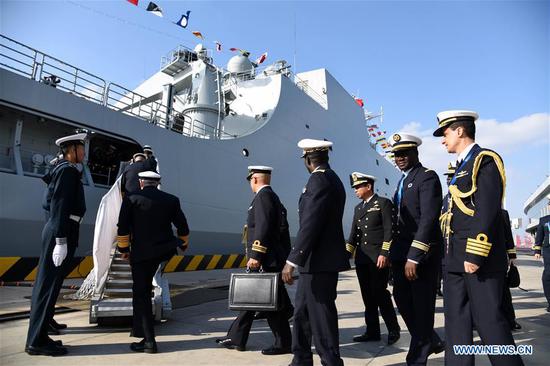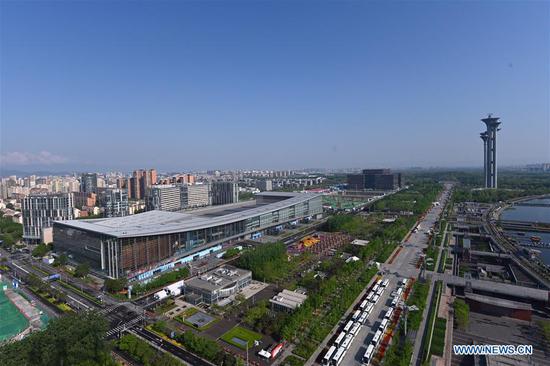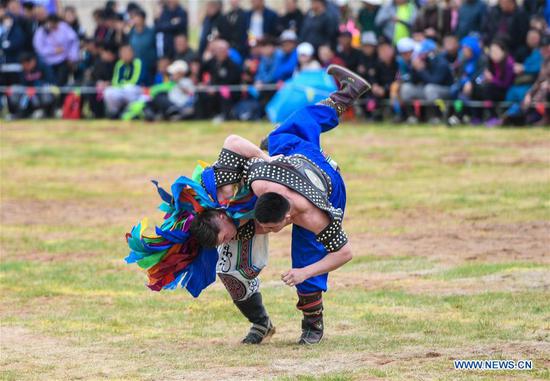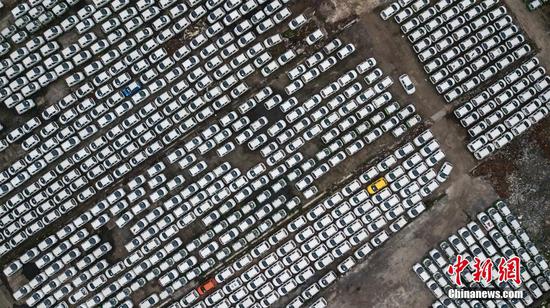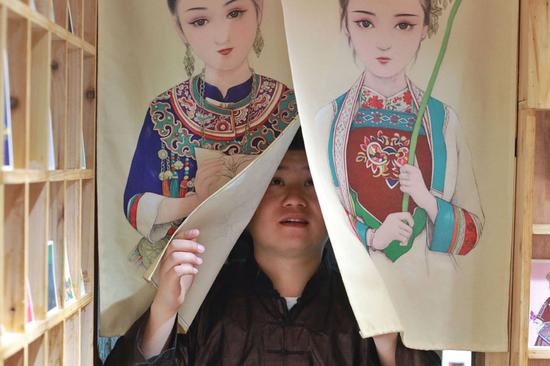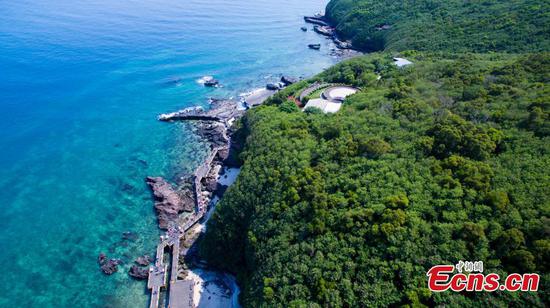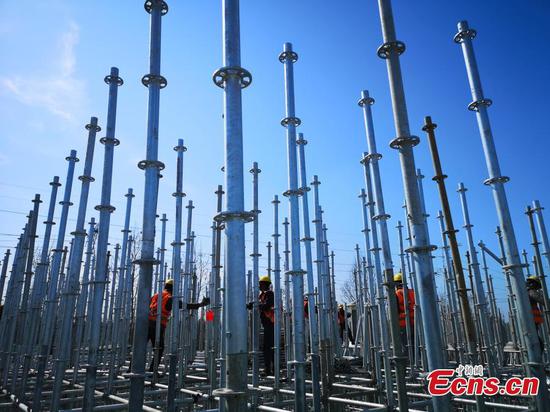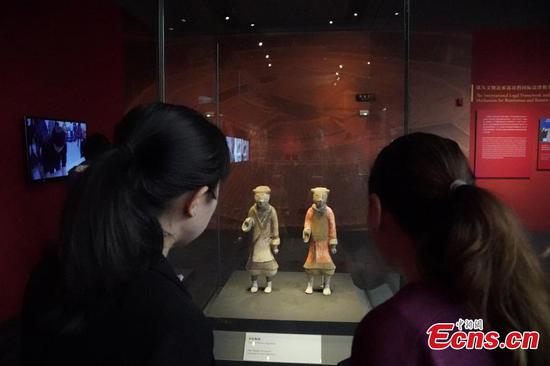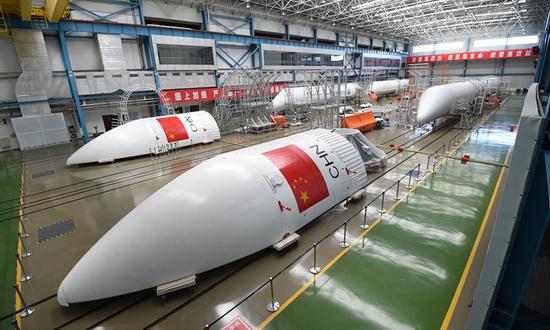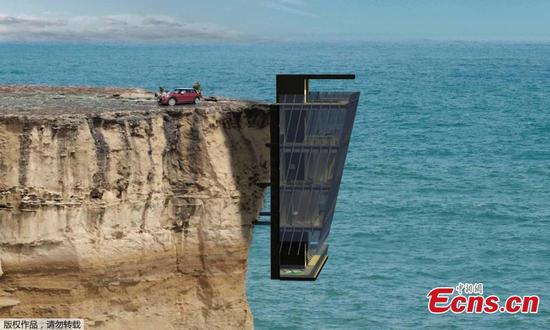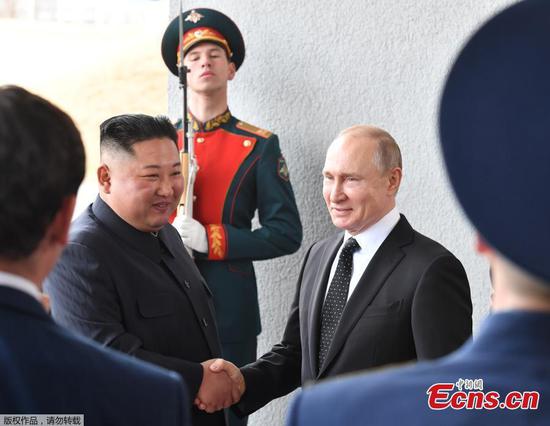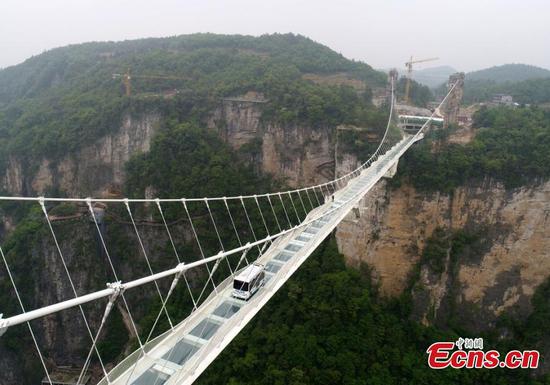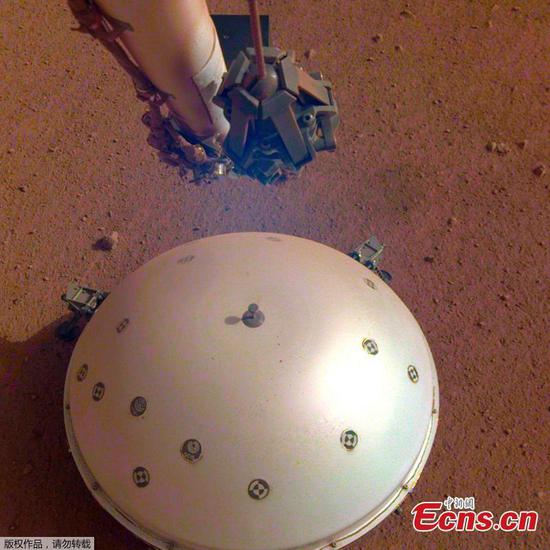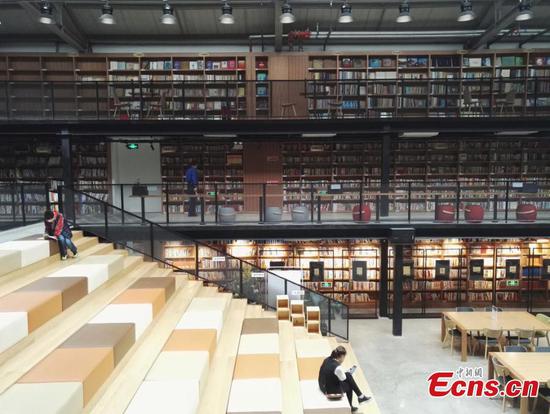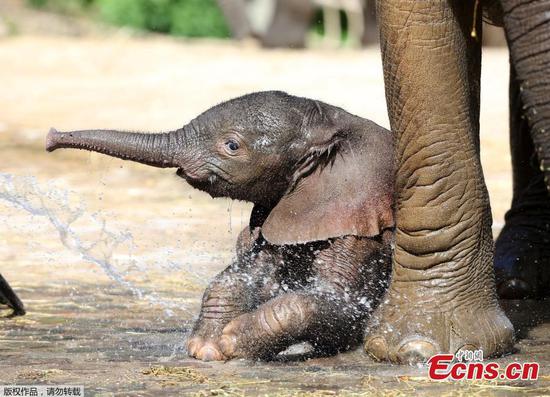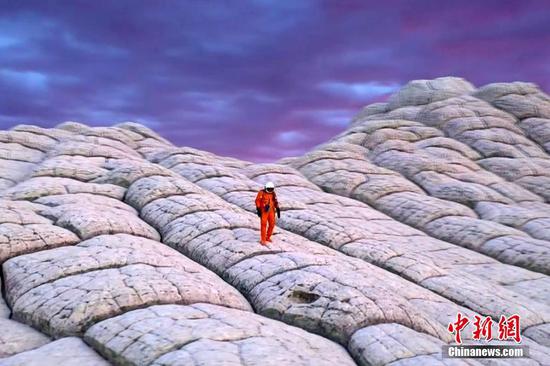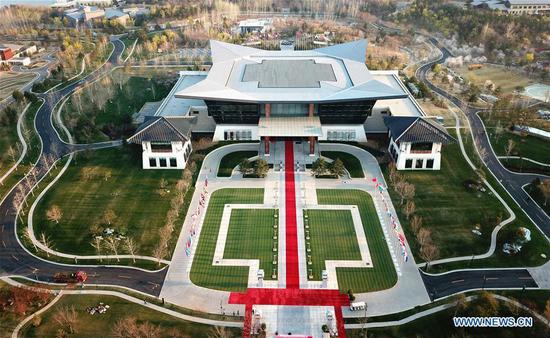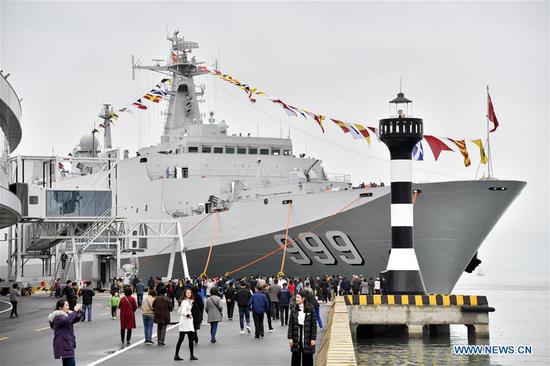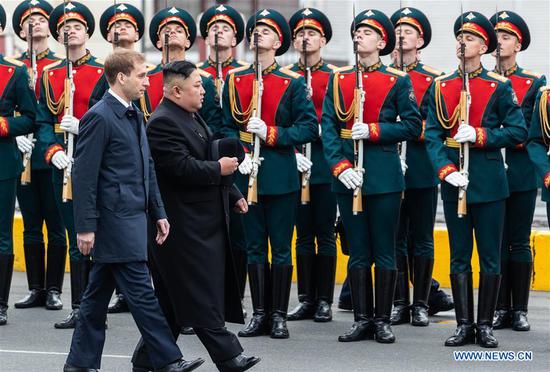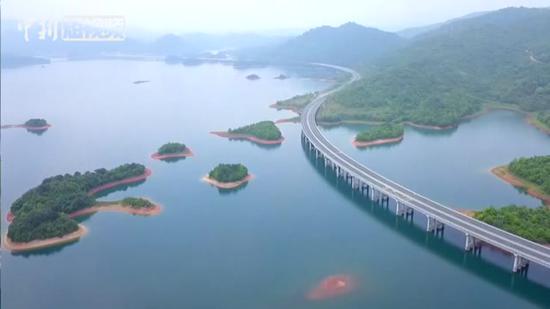
Chinese President Xi Jinping delivers a keynote speech at the opening ceremony of the Second BRF in Beijing, capital of China, April 26, 2019. (Xinhua Photo)
These statements come at a crucial time for both the developing and the developed world. Developing countries are approaching the challenges of the 21st century with the same level of commitment as that which defined national liberation struggles of the last century in Asia, Africa and the Caribbean.
The challenges of this century for the developing world are focused on modernizing infrastructure in order to create a new era predicated on a balance between domestic revenue generating projects and the wealth that can be generated from free trading agreements with valued partners.
The BRI is unique in that it provides developing countries with the infrastructural knowhow necessary to kick-start high-quality development, access to flexible financial agreements and investment capital, as well as giving such countries new opportunities to trade freely and transparently with major economies throughout the world, including China.
The BRI is also unique insofar as it does not place economic, trading, military or political conditions on any participating country.
By stressing a people-centered no-strings-attached approach to BRI partnerships, Xi Jinping has affirmed that the global initiative is designed to help countries make the most out of sovereign development and respectful win-win partnerships that are entered into on a free and voluntary basis and that can be amended on flexible terms over the course of growing bilateral relationships.
By giving developing countries the ability to harness their natural resources and improve their industrial production, engaging in free trading agreements with new partners will be a great asset to countries ready to enter the world market as major exporters.









